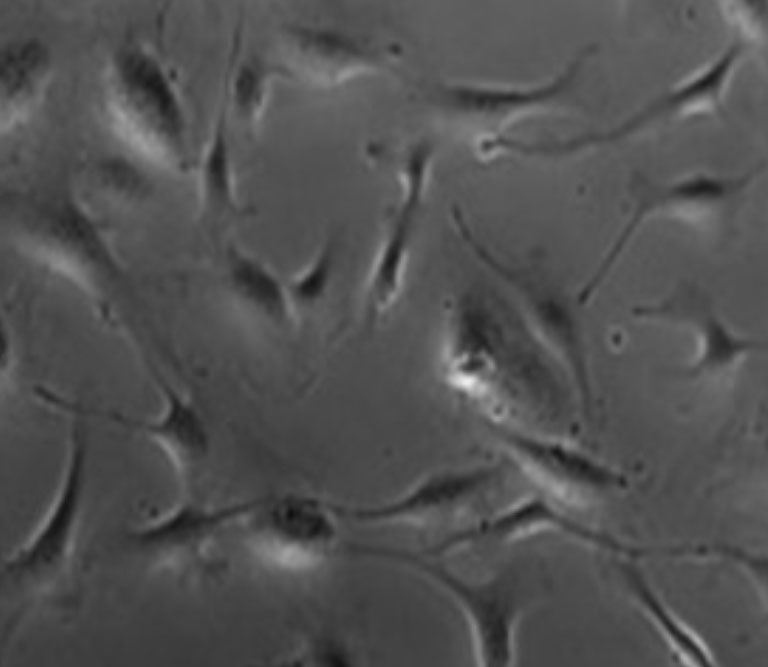Endothelial cells are the fundamental components of blood vessels, forming a specialized monolayer that lines the inner surface of veins, arteries, and capillaries. These cells play a crucial role in maintaining vascular integrity, regulating blood flow, and ensuring the exchange of nutrients and oxygen between the bloodstream and surrounding tissues.
In particular, endothelial cells produce essential molecules such as nitric oxide (NO), which controls vasodilation and vascular tone, as well as adhesion proteins that facilitate interactions with immune cells. They also contribute to angiogenesis, the formation of new blood vessels, by secreting key growth factors like vascular endothelial growth factor (VEGF) and transforming growth factor-beta (TGF-β). These factors are vital for tissue repair and regeneration, especially in response to injury or ischemic conditions.
Beyond their role in circulation, endothelial cells act as gatekeepers of the immune system, modulating inflammatory responses and preventing excessive clot formation. They interact closely with platelets, leukocytes, and pericytes to maintain homeostasis and respond to physiological stress. However, with age or chronic disease, endothelial dysfunction can lead to vascular stiffness, impaired circulation, and increased susceptibility to cardiovascular diseases.


